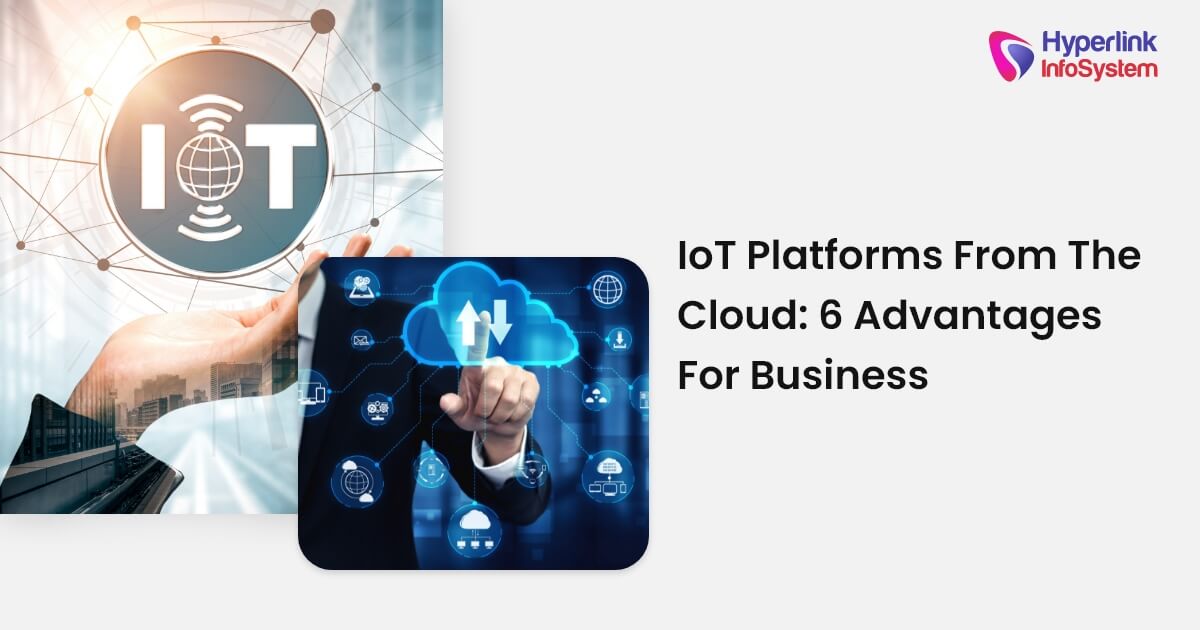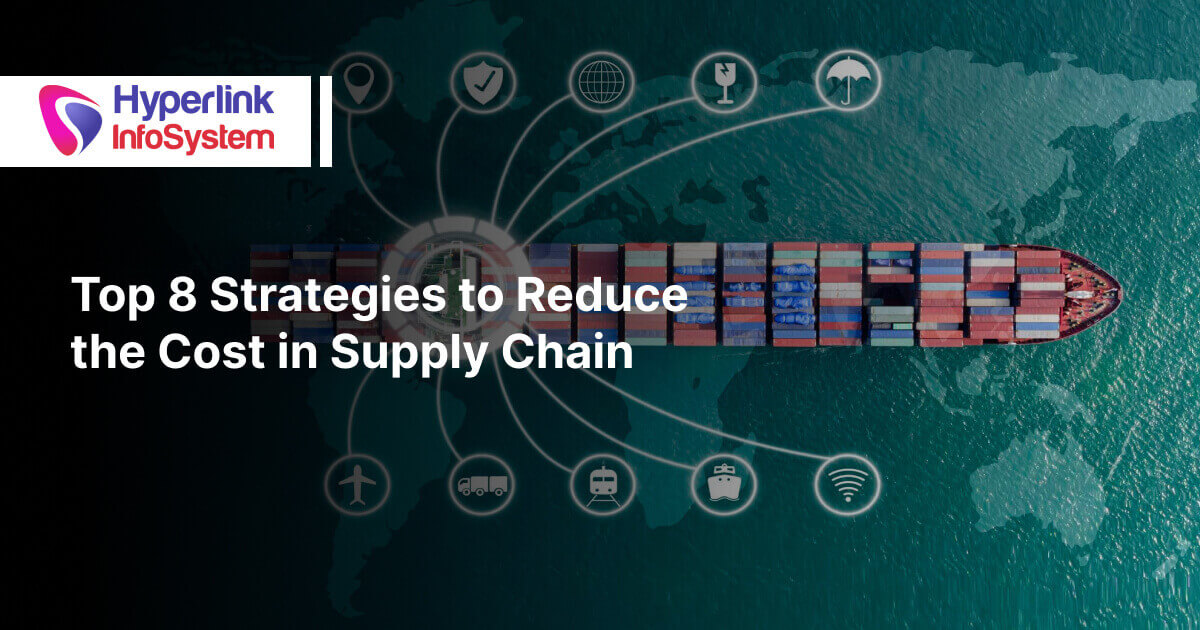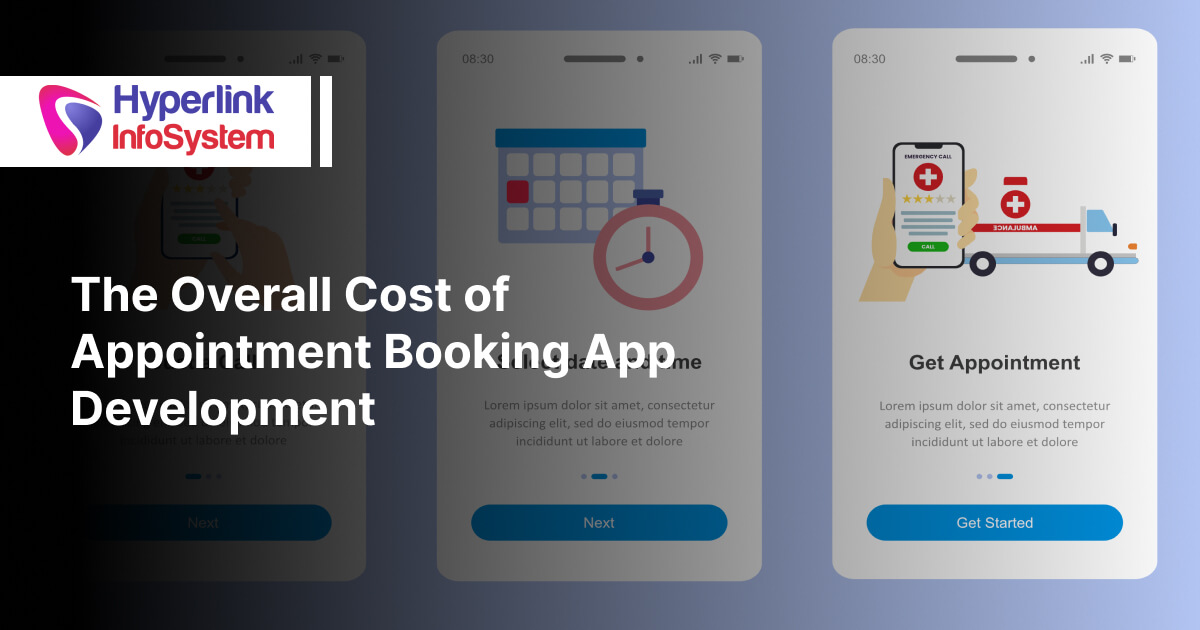IoT (Internet of Things) platforms from the cloud are at the heart of Industry 4.0. They network devices, systems and data, optimize processes and ensure that medium-sized companies make better use of their machines.
Slow processes, not linking customer data to production data or lack of transparency about the supply chain are some of the challenges facing many companies in the medium-sized manufacturing industry.
The IoT is the solution here for networking data and systems and optimizing processes. The keyword is Industry 4.0. It stands for the use of the IoT in industrial production. Systems can be monitored and managed remotely from a central location. Production is closely interlinked with the latest information and communication technology.
Also Read, Blockchain: A Technology Beyond Bitcoin
The basis for this is intelligent, sensor-supported and networked production systems. Most of the processes here are automated. Thanks to intelligent monitoring of production data, companies can react to changed framework conditions in almost real time and control and optimize their production accordingly.
Thanks to digitalization, Industry 4.0 also links the production and logistics processes with suppliers and partners. It is also possible to identify the need for maintenance on machines at an early stage and to proactively prevent costly downtime (predictive maintenance).
With predictive maintenance, sensors integrated in the machines or systems deliver data on their current status to a central cloud platform, such as temperature, power, revolutions, humidity or load. If the analysis of the data detects deviations from the standard values, the service can react proactively, replace a certain component or bring the maintenance work forward before major damage occurs.
The advantages: Companies reduce expensive machine downtimes, extend the running times of the systems and lower the costs for service and maintenance, as they avoid unnecessary maintenance processes.
IoT platforms as the most important technology
IoT platforms play a central role for the Internet of Things and Industry 4.0. They establish the connection between the networked devices (e.g. sensors) and the systems that store, process and evaluate IoT data.
A study by IDG Research Services shows their importance. Accordingly, with 41 percent, IoT platforms form the most important technology for the Internet of Things, followed by IoT hardware such as sensors, actuators and gateways, cloud computing, analytics / big data and technologies for IoT connectivity (Wi-Fi 6, LTE, 5G etc.).
Advantages that IoT platforms offer medium-sized companies
Why are IoT platforms so essential? The following six points provide an overview:
• Openness: Since IoT platforms support many standards, formats and interfaces, they connect a wide variety of systems, business applications such as CRM or ERP, mobile apps and data sources (MES / HMI / SCADA). They are also compatible with standard industrial protocols such as ZigBee, OPC UA, BACNET, MODBUS, Honeywell WINMAG.
• Management: They support centralized management, control and monitoring of IoT devices, applications and data from a distance.
• Analytics: Platforms offer numerous functions for analyzing data in real time, including AI and machine learning, in order to examine information in real time for patterns, deviations, dependencies, etc., to forecast events or to optimize processes.
• Reporting: A typical feature are extensive reporting functions with visualization of the results in clear dashboards.
• Development and operation of IoT applications: Companies can develop, administer and change their own IoT applications themselves on the platform and integrate them into their existing IT environments.
• Security: Functions such as encryption of data and data transfer, identity management or access control protect devices, applications and data from possible attacks and unauthorized access.
Use of a cloud IoT platform
Companies can install and operate IoT platforms themselves or obtain them as Software as a Service (SaaS) from the public cloud. Dedicated installations in the cloud are also possible with cloud solutions. You should contact Hyperlink InfoSystem to assist you with a suitable IoT solution.
These platforms include all of the functions described above, but offers other advantages as well. It is flexible and scalable. This means that it can be modularly expanded if necessary and is also equipped for a growing number of IoT devices. Companies do not have to worry about setting up, operating or updating the platform. Because the cloud provider takes on these tasks.
Security and data protection are also guaranteed, as the data is stored and processed in compliance with GDPR, protected by access controls and redundant security systems.
This gives manufacturing companies the right information at the right time. They can optimize their production, make better use of their machines and, with the help of predictive maintenance, prevent problems and improve their service.
The integrated data model forms the basis for the automated control of production or logistics chains. It is based on digital twins. There are virtual images that consist of structural information and user data from their real twins. On this basis, the system can make autonomous decisions and trigger the right actions.
Also Read | How to make a mobile application?
Many industries benefit
In addition to industry, the cloud IoT services are suitable for all sectors that want to benefit from networked systems, devices, vehicles, plants or locations.
Companies from logistics & tourism can use them to optimize and automate the processes in the supply chain. Energy companies use smart grids and the corresponding intelligent measuring systems (smart meters) to optimize network utilization and make demand more flexible. And retail and e-commerce can use the IoT for an optimal customer experience by gaining valuable knowledge about their customers in the store or online, addressing them specifically with personalized offers or reducing their costs through automation.
 +1 309 791 4105
+1 309 791 4105




















































 +91 8000 161161
+91 8000 161161
